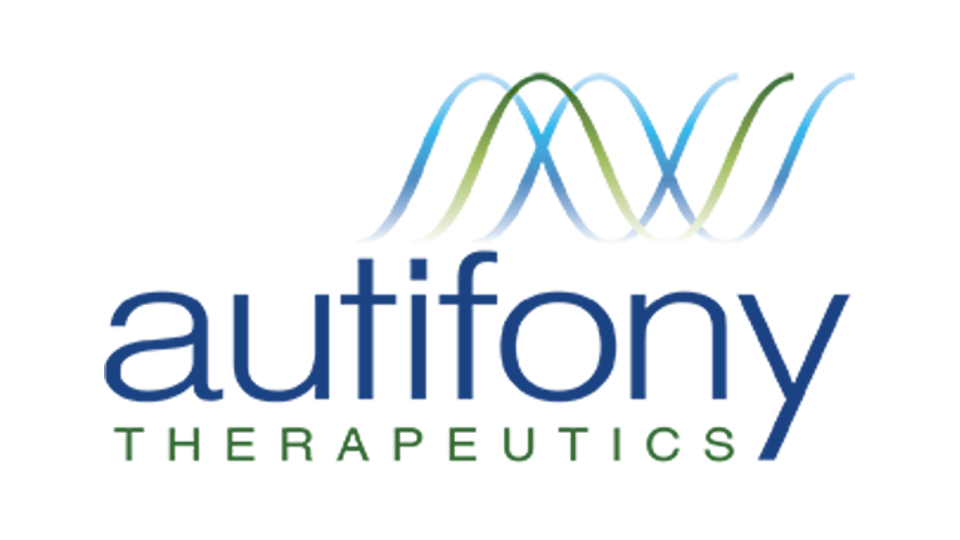Autifony swings $770.5m deal with Jazz for CNS drugs

UK biotech Autifony has signed an exclusive licensing deal with Jazz Pharmaceuticals, giving the Ireland-headquartered drugmaker global rights to a pair of ion channel targets associated with neurological disorders.
The Stevenage-based company – which was founded by former GSK scientists in 2011 – is getting an undisclosed upfront payment from Jazz in return for the rights and is in line for milestone payments that could be worth up to $770.5 million plus royalties on future net sales.
This is the second major pharma company to tap into Autifony’s ion channel drug discovery platform after Boehringer Ingelheim, which paid €25 million upfront for rights to an early-stage schizophrenia drug and other compounds in a deal worth up to €627.5 million 2017.
Ion channels play a role in countless physiological functions, including the activity of nerves and muscles, and many diseases are associated with defects in their function, according to Autifony. Many of these diseases are the result of mutations in the genes encoding ion channel proteins, a group now known as ‘channelopathies’.

There’s no detail available on the two ion channel targets covered by the Jazz alliance, but Autifony’s chief executive, Dr Charles Lange, said they “have the potential to bring ground-breaking benefits to patients in a range of indications.”
Under the terms of the deal, Autifony will lead drug discovery and preclinical development activities on the two targets, with Jazz taking responsibility for clinical development, manufacturing, regulatory and commercial activities if all goes according to plan.
Lange pointed to Jazz’s “exceptional track record” of bringing new CNS therapies to market, alluding to the company’s successful development of therapies like Xywav (calcium, magnesium, potassium, and sodium oxybates) for narcolepsy and idiopathic hypersomnia (IH) and Epidiolex (cannabidiol) for various forms of epilepsy.
Autifony’s in-house pipeline is headed by AUT00206, a Kv3 potassium channel modulator in early-stage clinical development for Fragile X syndrome, a genetic disorder that is the most commonly known cause of autism and inherited learning disabilities.
With Boehringer, it is focusing on a programme looking at lysosomal channel 1 with potential in the treatment of Alzheimer’s disease, Parkinson’s disease and lysosomal storage disorders. GSK retains an equity stake in the company.













